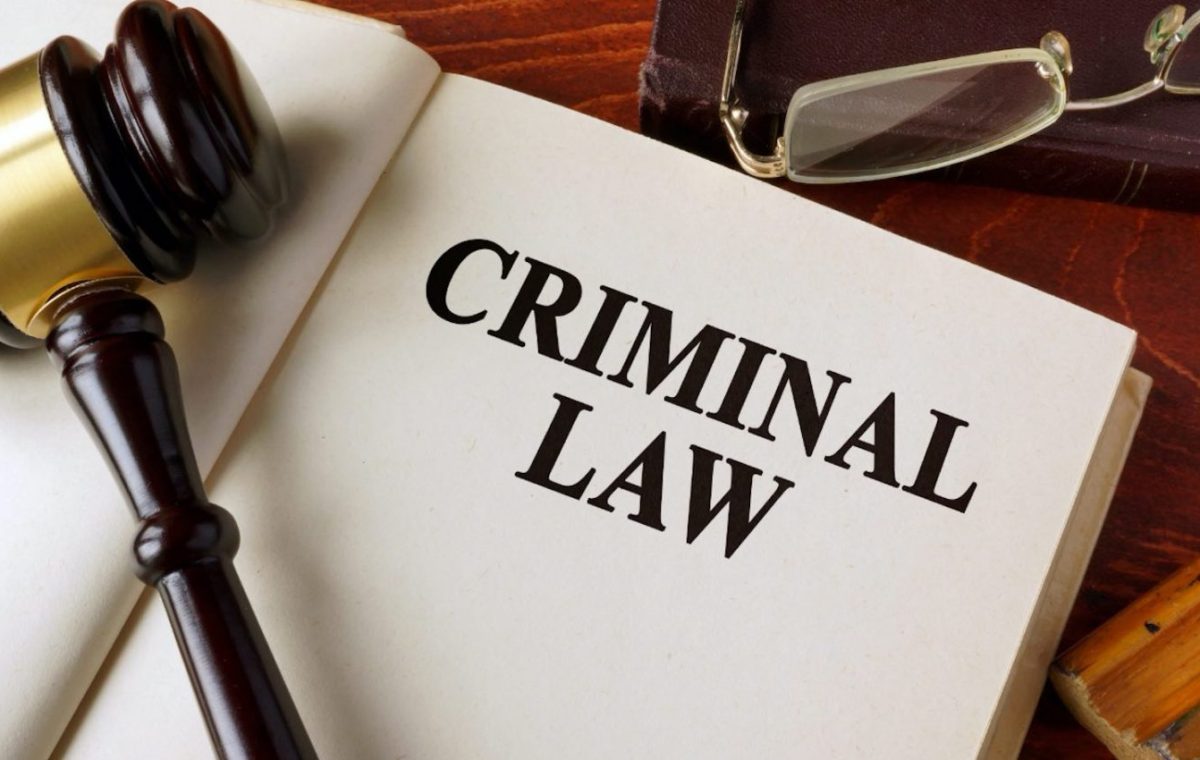
What is the Area of Law?
1. Types of Crimes
Crimes in the UAE are categorized into several types, ranging from minor offenses to serious felonies. These include:
- Misdemeanors: Minor offenses such as traffic violations, petty theft, or public disturbances.
- Felonies: Serious crimes such as assault, robbery, drug trafficking, and murder.
- Hudud Crimes: Crimes under Sharia law, including theft, adultery, and alcohol consumption, which carry specific punishments.
- Cybercrimes: Offenses related to the misuse of technology, such as hacking, online fraud, and defamation.
The penalties for these crimes vary based on the severity of the offense, the circumstances, and the applicable laws.
2. Investigation and Prosecution
Criminal cases in the UAE are investigated by law enforcement agencies, including the police and public prosecutors. The process typically begins with the filing of a complaint, followed by an investigation to gather evidence. Once sufficient evidence is collected, the case is forwarded to the public prosecutor, who decides whether to proceed with charges. Legal professionals specializing in criminal law play a crucial role in representing clients during this phase, ensuring that their rights are protected and that the investigation is conducted fairly.
3. Court Proceedings
Criminal cases in the UAE are tried in various courts depending on the nature and severity of the crime. These include:
- First Instance Court: The primary court where most criminal cases are heard.
- Court of Appeals: Where decisions from the First Instance Court can be appealed.
- Court of Cassation: The highest court in the UAE, which reviews legal issues and ensures the correct application of the law.
Legal practitioners in criminal law provide defense for the accused, present evidence, cross-examine witnesses, and argue legal points to achieve the best possible outcome for their clients. They also represent victims seeking justice through criminal proceedings.
4. Punishments and Sentences
The UAE’s criminal law prescribes various punishments, depending on the crime committed and its severity. These can range from fines and community service to imprisonment and, in the most serious cases, capital punishment. For crimes under Sharia law, specific penalties such as flogging or amputation may be imposed. Legal professionals work to negotiate sentences, appeal convictions, and seek alternatives such as probation or reduced sentences.
5. Rights of the Accused
The UAE’s legal system guarantees certain rights to individuals accused of crimes, including the right to legal representation, the right to a fair trial, and protection against unlawful detention. Criminal defense lawyers are essential in ensuring these rights are upheld throughout the judicial process. They also assist in navigating the complexities of the legal system, particularly for expatriates who may be unfamiliar with the UAE’s laws and legal procedures.
The Role of Criminal Law in the UAE’s Justice System
Criminal law in the UAE plays a fundamental role in maintaining social order and ensuring justice. The legal framework is designed to balance the need for public safety with the rights of individuals, reflecting the UAE’s commitment to upholding the rule of law. For legal professionals, staying informed about the latest developments in criminal law is crucial for effectively representing clients and achieving just outcomes in a rapidly evolving legal environment.

